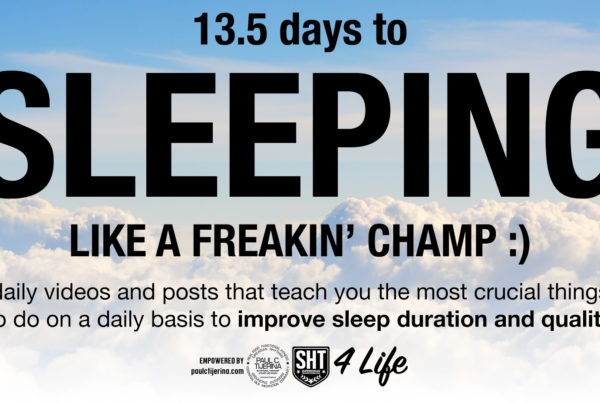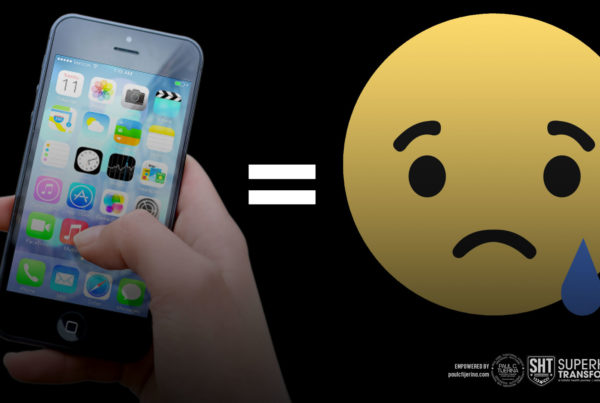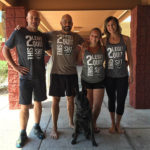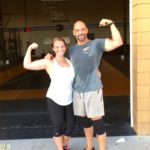how to spring forward with daylight savings time
has the time change affected you, your sleep, your energy levels, your productivity, or your mood?
it is so interesting how we do this to ourselves with this modern lifestyle.
- for most of our existence, we rose and slept with light and dark cycles. we co-evolved with the rising and setting of the sun and developed circadian rhythms.
- now, we force a time change a couple of times a year in an effort to get more daylight while we are awake.
- think about all the disruption! not just to our health, but all our technology! clocks, travel, computers, machinery, medical equipment, etc.
history of daylight savings time and “spring forward.”
- the New Zealand entomologist George Hudson first proposed modern daylight savings time in 1895.
- he had an interest in having more daytime light so that he could have more time pursuing his hobby – collecting and observing insects.
- in 1895 he presented a paper to the Wellington Philosophical Society proposing a two-hour daylight-saving shift which caught some traction.
- in 1898 he presented to some churches. got more traction.
the rationale behind DST and spring forward.
by resetting all clocks one hour ahead of standard time (one hour “fast”), we wake an hour earlier and MOST begin and complete daily work routines an hour earlier, giving most people an extra hour of daylight to do daily activities. this also gives us 1 hour less of daylight in the morning.
THE PROBLEM WITH THIS IS, WE ARE FORCING MORE LIGHT LATER INTO THE DAY ON A POPULATION THAT ALREADY HAS A HARD TIME GETTING TO BED!
how much day time are we supposed to have?
a couple of great resources for checking out daylight, darkness, sunrise, and sunset times is Astronomical Applications Department of the U.S. Naval Observatory as well as timeanddate.com.
- the highest amount of sunlight is mid-June where we get 14.5 hours. the sunset is at 8pm with DST but should be at 7pm.
- the lowest amount of sunlight is mid-December where we get 9.5 hours. the sunset time is about 5pm.
- right now in Las Vegas, we get about 12 hours of sunlight. our sunset time is 6:45.
- if we just left things alone, we’d have a natural, progressive change throughout the year, with less of a need for adaptation!
CIRCADIAN RHYTHMS affect everything.
- hormonal levels and secretions of hormones are dictated by circadian rhythms. this includes insulin which can have an impact on blood sugar levels, cravings, and appetite.
- blood pressure and body temperature follow a daily “rhythm” based on how we are synced.
- businesses notice more injuries, reduced productivity and reduced employee morale.
- individuals notice weight gain, less emotional stability, less ability to focus, and of course being tired a lot.
- when humans go back out into nature without clocks, we tend to sync back to “standard time.”
HERE’S WHAT WE CAN DO:
- we must continue to commit to our ideal bedtime! we cannot let DST allow us to rationalize staying up later.
- listen to birds as an alarm. if your phone doesn’t already have this an option, buy one!
- get sun earlier in the day. this will give your body a signal of earlier rise time, and optimize your hormones for an earlier sleep time.
- exercise earlier. exercise has been shown to decrease melatonin secretion. at a minimum exercise while it’s still light out, but ideally 3 hours or more before bedtime.
- eat while it’s still daytime. for some, eating close to bedtime can suppress melatonin secretion.
- when the sun goes down, OR 2 hours before bedtime (whichever happens earlier), dim lights, minimize electronics, and minimize stimulus.
- when the sun goes down, OR 2 hours before bedtime, wear blue-light blocking glasses to filter out bright white and blue light. we love these by Swanwick Sleep.
- take 400-800mg of a quality magnesium before bed. everyone would benefit from magnesium. PLUS it is proven to have a calming effect on the body. we sell a great one in our office. you can also try this one.
- take 500-1000mg of L-tryptophan before bed. we like this one.
- take glycine before bed. try a high-quality collagen powder like this one.
- get your whole household to bed at the same time!
- temperature matters. stay warm first part of the day, workout during the day, and get cool 2 hours before bed. make sure your room is dark and cool.














